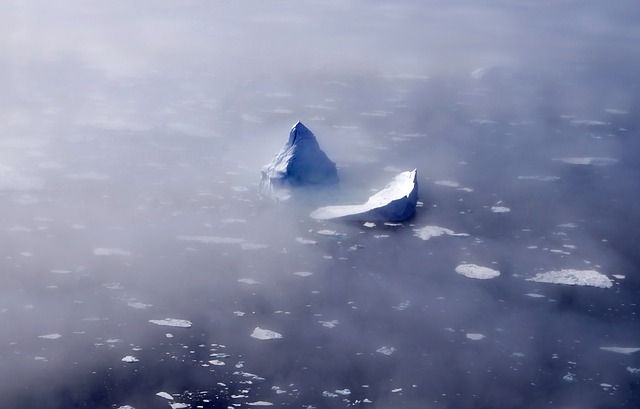World’s climate scientists call for global warming to be kept to a maximum of 1.5C

Urgent changes are needed to cut the risk of extreme heat, drought, floods, and poverty for hundreds of millions of people, according to the United Nations Intergovernmental Panel on Climate Change (IPCC).
The IPCC’s special report Global Warming of 1.5°C was approved on Saturday in Incheon in the Republic of Korea and is the first in a series of special climate reports. It will be a key scientific contribution to the Katowice Climate Change Conference in Poland in December, during which governments are set to review the Paris Agreement to tackle climate change.
Limiting global warming to 1.5°C will require “rapid and far-reaching” transitions in land, energy, industry, buildings, transport, and cities, and the report examines the pathways available, what it will take to achieve them, and what the consequences could be.
According to Jim Skea, Co-Chair of IPCC Working Group III, “Limiting warming to 1.5°C is possible within the laws of chemistry and physics but doing so [will] require unprecedented changes.”
“Every extra bit of warming matters, especially since warming of 1.5°C or higher increases the risk associated with long-lasting or irreversible changes, such as the loss of some ecosystems,” says Hans-Otto Pörtner, Co-Chair of IPCC Working Group II.
Limiting global warming to 1.5°C rather than 2°C could avoid a number of potential climate impacts. For instance, virtually all coral reefs will be lost with global warming of 2°C, whereas with 1.5°C decline is limited to 70–90%. The likelihood of an Arctic Ocean free of sea ice in summer would be at least once per decade with global warming of 2°C; however, this would be once per century at 1.5°C.
In her IZA World of Labor article, Linguère Mously Mbaye notes how, although it is largely accepted that climate change and natural disasters are one of the main challenges of the contemporary era, developed and developing countries are yet to reach a consensus on an appropriate course of action. With poor countries playing a smaller role in driving the climate change process compared to their more developed neighbours this raises equity concerns as their increased vulnerability exposes them more than richer nations to its adverse effects. Mously Mbaye concludes by stressing how, “addressing the issue of climate change requires better governance on a global scale, with more efficient aid allocated to vulnerable countries as well as better migration policies toward migrants from those countries.”
Debra Roberts, Co-Chair of IPCC Working Group II, believes that the decisions we make today are critical in ensuring a safe and sustainable world for everyone, both now and in the future.
“This report gives policymakers and practitioners the information they need to make decisions that tackle climate change while considering local context and people’s needs. The next few years are probably the most important in our history,” she said.
Read more articles on environmental regulation and the labor market.